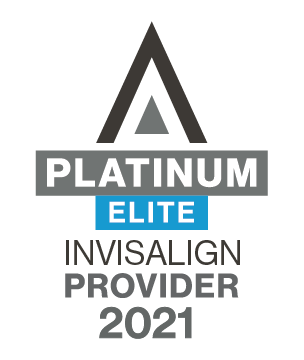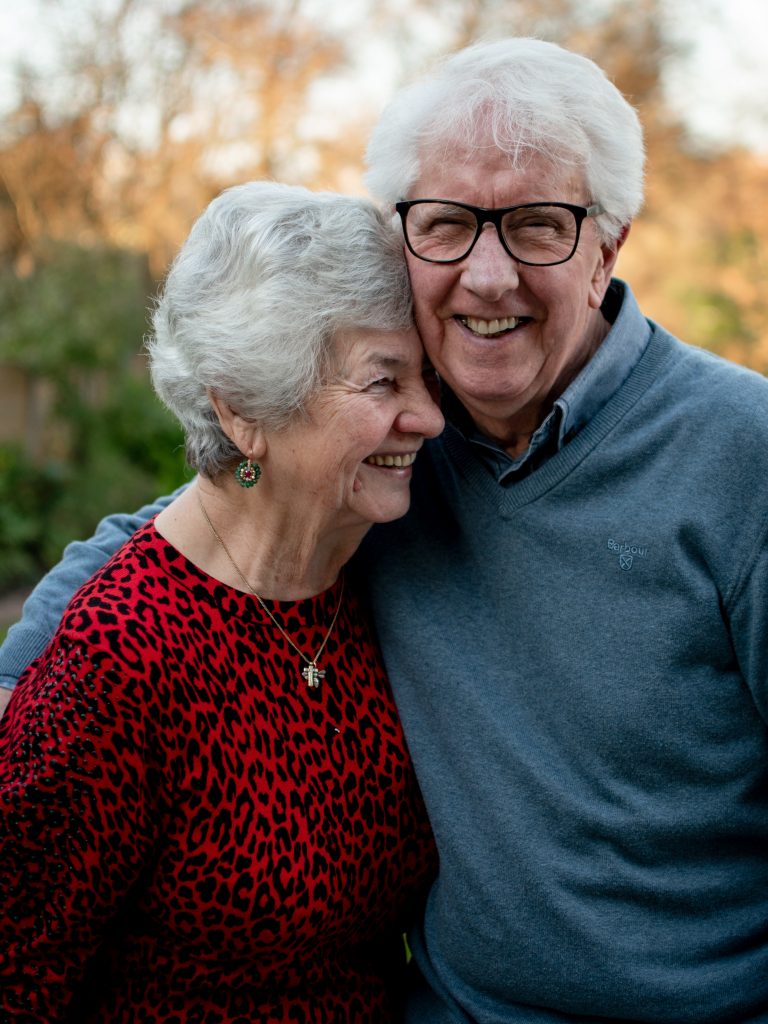Dentistry and The Ageing Population
Recent trends indicate people are retaining their teeth for much longer. However, as we age there are factors such as physical decline, cognitive decline and financial restrictions that can create challenges that impact on a person’s oral health.
Ageing can impact daily tasks that were once second nature, such as cleaning teeth. Studies have shown that many residents living in residential care facilities have compromised oral health and high levels of oral disease that is often going unchecked.
Some of the most common oral health problems that can occur are listed below:
DRY MOUTH
As we age, changes to our saliva can occur in regards to both quality and quantity. Older patients are often taking medications (prescription and over the counter). This can cause an increase in dry mouth. This in turn can lead to issues such as decay of the root surfaces. Your dentist may recommend some products such as Biotine mouth wash and gel which may help to relieve the feeling of dryness. It is also very important to stay well hydrated.
ROOT DECAY
As we age, our gums tend to recede causing the root surface to become exposed. Roots are not protected by enamel and therefore are more prone to decay. If you are at a high risk of decay, your dentist/therapist may prescribe products such as high fluoride toothpaste.
GUM DISEASE
Without good oral hygiene at home or regular dental visits, adults are at a high risk of gum disease. Many studies have linked gum disease to other medical conditions like heart disease and diabetes. Gum disease treatment is the best way to return to a healthy mouth. Seniors should take extra care to stay current with their regular exams and cleanings. They should also try their best to have good oral hygiene routines. For seniors that struggle with arthritis pain or other mobility issues, may need to develop new brushing habits.
TOOTH LOSS
As patients get older, tooth loss can occur, especially when there is the presence of gum disease or extensive decay. In some cases, remaining teeth can drift and cause uneven jawbone in patients, making it difficult to chew or bite down. Tooth loss can be replaced by partial or full dentures, bridges, or even dental implants when the bone is healthy.
DENTURES
Many older patients have dentures. Dentures can sometimes be a great relief to a patient who has struggled for years with tooth decay, tooth loss or other dental issues. Dentures, however, can cause some issues in older patients. When dentures don’t fit well, they can rub and cause sores in the mouth. Some patients might also get stomatitis, which is an inflammation of the tissue underneath the denture. Stomatitis can also be caused by poor hygiene. Talk to your dentist and ask for an adjustment if dentures don’t seem to be fitting well. And, of course, always take care to keep your dentures and tissues in good health.
HELFUL TIPS
• With age brushing may become increasingly difficult. Often electric tooth brushes are a good choice as they have a larger handle, making it easier to hold. Electric toothbrushes also depend less on the individual’s dexterity.
• It is important to continue to clean in between the teeth. Dental floss can often become difficult, especially if dexterity is an issue. Interproximal brushes such as Piksters can be a fantastic alternative.
• Keep your dentures clean! It is important to clean dentures in order to remove plaque and bacteria that builds up on them. It’s also a great idea to soak them in denture cleaning solution such as Polident 1-2 x per week.
• Try to remove dentures at night. If dentures are left in the mouth 24/7 or not cleaned properly bacteria can build up and lead to infections such as thrush. Thrush is an overgrowth of the fungus Candida Albicans that naturally occurs in the body.
• Diet is particularly important – try to limit the amount of high sugar food and drinks you may be consuming. An occasional treat is okay but constant snacking on such foods can lead to decay.
If you have concerns about your oral health Many patients who are proactive about their dental health in their early years enjoy healthy mouths in their senior years. It’s never too early to practice great habits!

